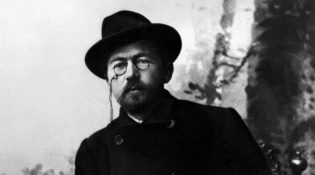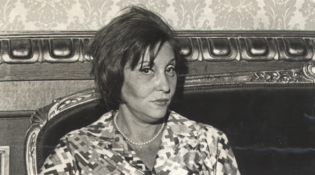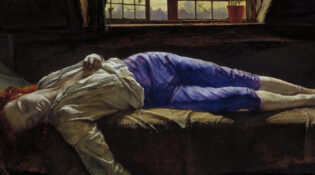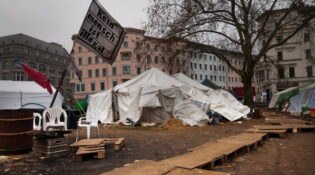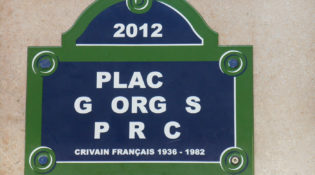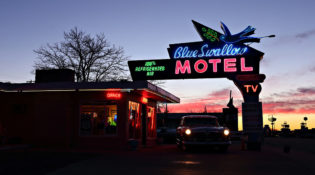On Fiction
Chekhov’s Silence
I picked up Checkhov’s story “The Kiss” as an undergraduate who had never read a Russian author. The story has a fairly simple plot: along with his artillery brigade, Staff-Captain…
Anthems for Bored Youth: On Lars Iyer’s Nietzsche and the Burbs
In an 1886 addendum to The Birth of Tragedy, his first book, German philosopher Friedrich Nietzsche wrote, “today I find it an impossible book—badly written, clumsy, and embarrassing.” The book,…
Juntas and Housewives: Three Books from Brazil
Brazil’s “ghosts” refuse to stay buried in these three novels.
Infinite Metabolism: Lispector’s Consumptions
And what if we are, I am, you are that marginalized person? When I erase myself, what do I become?
Party On: An experimental review of Ksenia Buksha’s Freedom Factory
It was a surprisingly hilarious novel, a bubbling pot of big personalities, forty short chapters bursting with historical detail, wit, and Communist Party nostalgia.
The gay-suicide stereotype kills gay people, and must end
Friedrich Alfred Krupp, heir to the mammoth Krupp armaments business and the wealthiest man in Germany, committed suicide on 22 November 1902. Only a week before, a socialist newspaper had…
Becoming Visible: On Jenny Erpenbeck’s Go, Went, Gone
Very little in Jenny Erpenbeck’s previous fiction—allegorical, timeless—prepares a reader for the immediacy and moral heft of Go, Went, Gone. It asks the same question Michael Ignatieff did in his…
In the gap between writer and reader, the novel comes to life
There’s an exercise I sometimes get members of book groups to do: I ask each of them to draw a picture of the cabin from my first novel, Our Endless…
The Light of Possibilities: On Patrick Park’s Tucumcari
From the opening sentence of Patrick Parks’ remarkable debut novel Tucumcari, readers are invited into the bewildered reality of a man whose life exists in an interwoven fabric of the…

